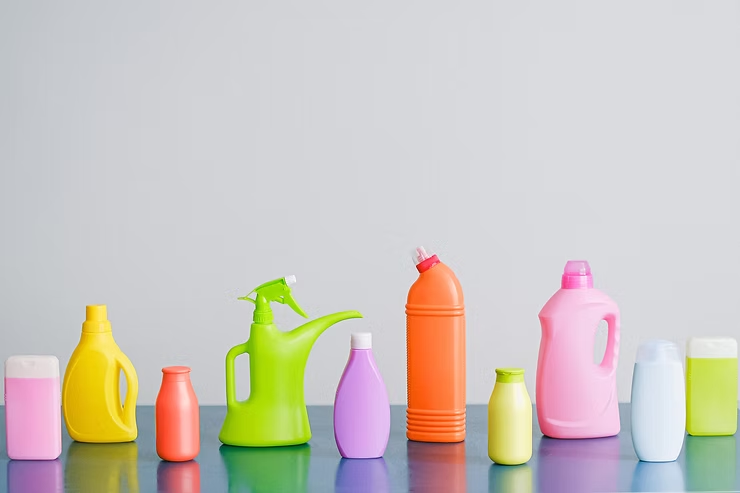The Importance of Eco-Friendly Cleaning Products
Promoting the use of eco-friendly cleaning products is a crucial step in reducing chemical pollution and minimizing the environmental footprint of household cleaning routines. Conventional cleaners often contain harmful chemicals that pollute waterways and damage ecosystems. Choosing eco-friendly alternatives helps safeguard both the planet and human health.
Why Eco-Friendly Cleaning Products Matter
Protecting Water Quality
Conventional cleaning products often contain phosphates, chlorine, and surfactants. Once released into waterways, these substances disrupt ecosystems, endanger aquatic life, and compromise water quality for humans and wildlife.
Reducing Harm to Marine Life
Pollutants from cleaning products enter rivers, lakes, and oceans, posing serious risks to fish, mammals, and other aquatic organisms. Eco-friendly products help mitigate this impact.
Safeguarding Coral Reefs
Coral reefs are especially vulnerable to chemical pollution. Harmful substances can damage coral–algae relationships, leading to bleaching and reduced reef resilience.
Reducing Plastic Waste
Traditional cleaning products are often packaged in single-use plastics. Eco-friendly alternatives frequently offer refill options or sustainable packaging to cut down on plastic pollution.
Improving Indoor Air Quality
Eco-friendly products usually contain fewer volatile organic compounds (VOCs) and synthetic fragrances, reducing indoor air pollution and related health risks.
Safer for Human Health
Using eco-friendly cleaning solutions lowers exposure to toxins that can trigger skin irritation, respiratory issues, or other health problems, making them safer for families and pets.
How to Promote Eco-Friendly Cleaning Practices
- Education and Awareness: Share information on the benefits of eco-friendly cleaning through campaigns and workshops.
- Clear Labeling and Certification: Support certifications like EcoLogo and Green Seal to guide consumers.
- Consumer Guides: Provide resources that recommend eco-friendly brands through online platforms or mobile apps.
- Incentives and Discounts: Encourage retailers to reward customers who purchase eco-friendly products.
- Corporate Responsibility: Urge manufacturers to adopt sustainable practices and eco-conscious packaging.
- Legislation and Regulation: Advocate for laws that limit harmful chemicals and require transparent labeling.
- Green Cleaning Policies: Encourage institutions like schools and offices to adopt eco-friendly cleaning protocols.
- Community Initiatives: Organize clean-up events and local awareness programs.
- Public Health Messaging: Promote the health benefits of eco-friendly cleaning through healthcare channels.
- Increased Product Availability: Push for wider access to eco-friendly cleaners in mainstream retail outlets.
- Sustainable Practices: Reduce disposables by using reusable cleaning cloths and mop heads.
Towards a Cleaner and Healthier Future
Switching to eco-friendly cleaning products may seem like a small step, but it has a powerful ripple effect. By protecting water quality, improving indoor environments, and supporting sustainable businesses, individuals and communities can create a healthier and more sustainable future. Through awareness, responsible choices, and collective action, we can safeguard ecosystems and protect public health for generations to come.

